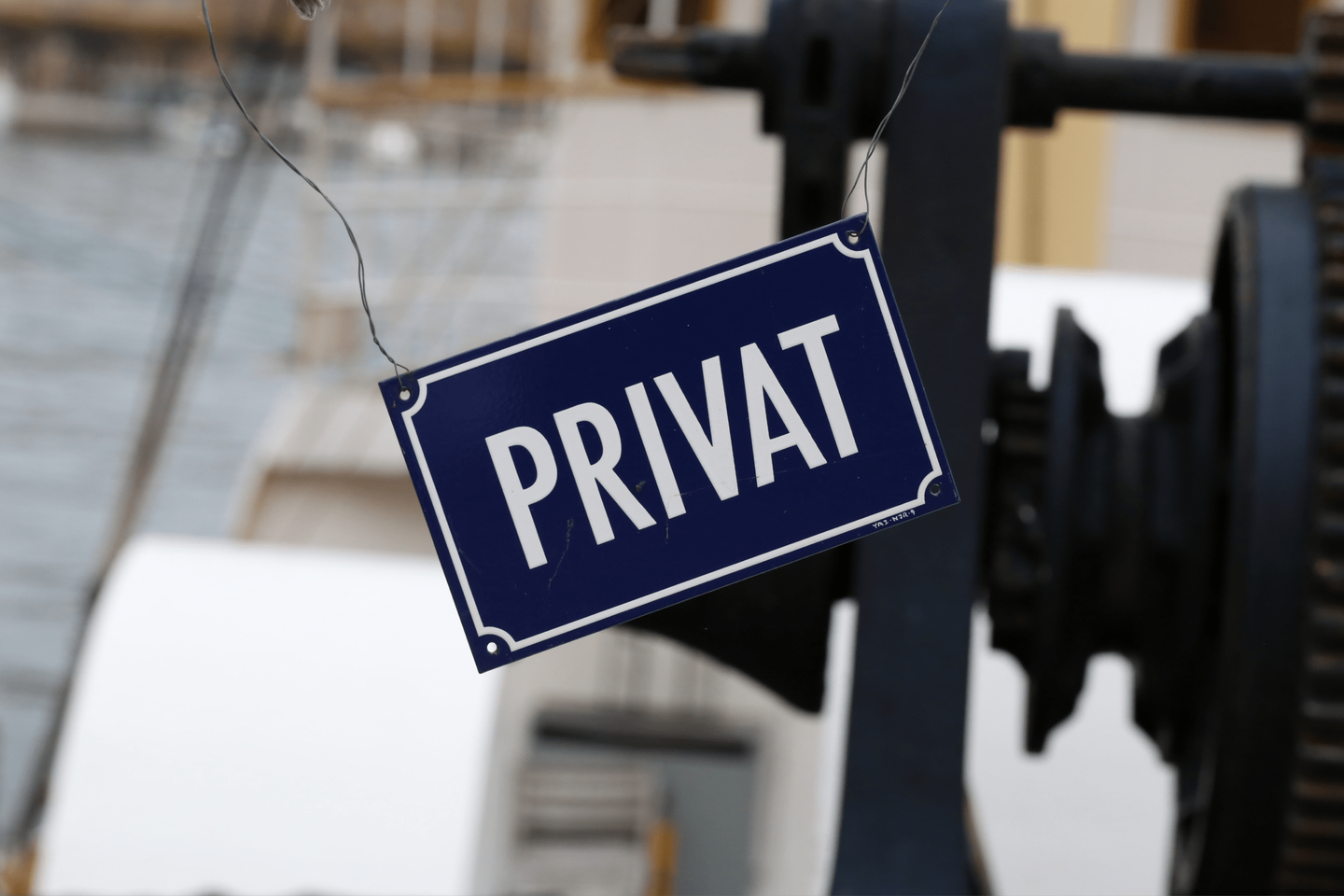Getting online is easy—just open any web browser and the world's information is at your fingertips. But once you get strapped in, it's up to you to learn what websites and apps you can take the most advantage of as you go about your life—And speaking of "taking advantage," you should also know which companies are taking the most advantage of you. Privacy is important enough that every digital citizen should know the basics.
Without ever realizing it, people every day are transacting business with dozens of companies who benefit from the things they do and say online. While these people might not mind, my goal is to give you the information you need to understand how these companies operate. By the end of this post, you'll have a strong fundamental awareness about internet privacy so you can decide for yourself who you want to be doing business with—and even whether you want to be transacting this kind of business with your data at all.
The Business of Data
Many people think that companies like Facebook and Google sell your data to make money. They track your every movement, read your most intimate text messages and listen in on all your phone calls. They're diligently watching your every keystroke, and as soon as they see anything even mildly questionable they run screaming to their best friends, the government. Thankfully, this simply isn't the case. While the real truth about why these companies want to know so much about everyone might seem benevolent, I'll leave it up to you to decide for yourself and come to your own conclusions about their true motives.
To show you what's really going on, I'll tell a short story that highlights the major players in the "big data" business model. Let's start with Alice, a local knitting supply shop owner looking to get the word out about her business. She knows her "target market" (the specific segment of the population she's focusing on selling her products to), and she'd like to kick off a new ad campaign.
Alice uses the Google Ads platform to market her store. She tells Google she'd like to capture senior citizens in her local area who have an active interest in knitting. She uploads the ad she'd like to show this segment of the population and agrees to pay Google whenever they can find someone who clicks on her new ad.
Now let's bring in Carol, a local senior who wants to get started with the basics of how to knit. Carol went on YouTube and watched a few tutorials about knitting basics, and Google (which also owns YouTube) figured out that Carol would be a good candidate to see Alice's new ad. Google shows the ad to Carol, who ends up buying her supplies from Alice's shop. Since Alice pays Google whenever someone clicks on her ad, Google is rewarded for connecting Alice with Carol. Also, the person who made the YouTube video Carol was watching will get a cut of what Alice paid to Google for providing engaging content to Carol for free.
When you think about the incentives at play during this exchange, the real motivations might start to become clear. The more Google knows about Carol (and everyone else), the more effectively they can serve Alice and their other customers. As they collect more data about more people, it becomes easier and cheaper for Alice to buy effective and highly-targeted advertising for her business. Content creators get to make money for posting their videos for free, Carol gets the products she wants and everyone benefits from a win-win situation—right? Right.
In this scenario, everyone is completely aware of what's going on throughout the exchange—Everyone except Carol. She used the internet to get what she wanted, but at what cost? Now Google knows (or has inferred) how old she is, what her interests are and even where she lives. They don't need to share this with Alice, but the issue of internet privacy surrounds whether they should be allowed to know this information to begin with.
As someone being targeted by these types of ad campaigns every day, you might be interested in keeping yourself out of these databases and tracking systems. The goal of my blog is to give you the tools you need to make your own decisions about privacy. Spend some time reading and you can be less oblivious than Carol about your personal data.
Conclusion
Some will tell you that the only way you can have any privacy at all in the 21st century is by living in the forrest and abandoning the modern technology on which our lives have increasingly come to rely. Others say it's all hopeless and there's nothing any of us can do—we're all destined to be tracked and analyzed for eternity. Finally, you'll run across the uber-paranoid privacy fanatics who put their phones in faraday cages at night, encrypt all their hard drives with 64-character passwords and only use the onion router to get online. At various times throughout my 5ish years observing the impact of technology on privacy, I've found myself fully convinced of each of these things in turn.
But I've come to the realization that there is an alternate path. By informing you about the digital privacy landscape, giving you the tools to make your own decisions and creating resources that we can all share and benefit from, I hope to empower you over your data and let you choose the right path. If you think digital privacy is an important issue, leave your thoughts in a comment and let's start a discussion!

